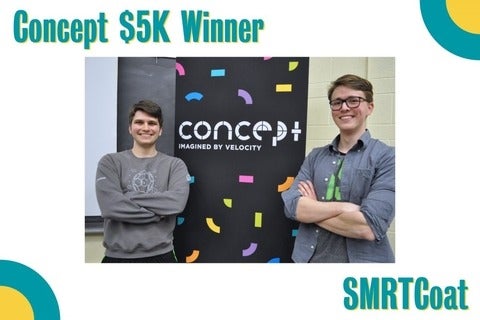Two Waterloo scientists elected as Fellows and Foreign Members of the Royal Society
Today, two prominent Waterloo scientists were among the 60 exceptional scientists selected to be Fellows and Foreign Members of the Royal Society, the United Kingdom’s national academy of sciences.
Chemist Linda Nazar, a WIN member, and Physicist Donna Strickland were both elected for their outstanding contributions to their field and scientific understanding.





 When he was a young boy growing up in Burkina Faso, Yannick Traore’s dad didn’t like to buy him toys. Yannick had a habit of taking things apart just to figure out how to put them back together. Even as a child, he needed to understand how things worked.
When he was a young boy growing up in Burkina Faso, Yannick Traore’s dad didn’t like to buy him toys. Yannick had a habit of taking things apart just to figure out how to put them back together. Even as a child, he needed to understand how things worked.